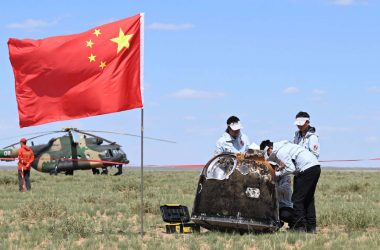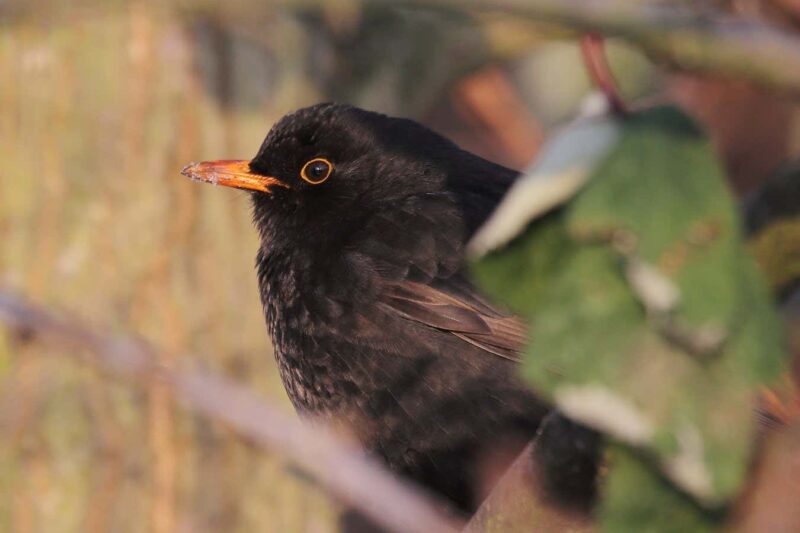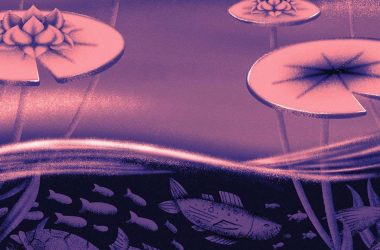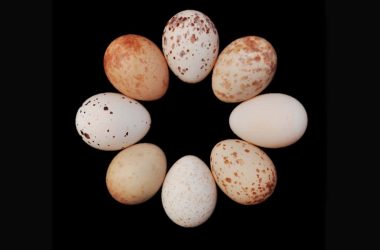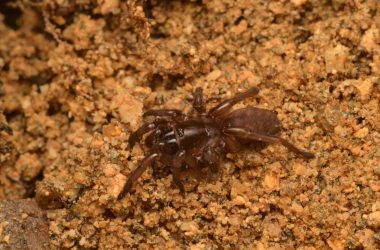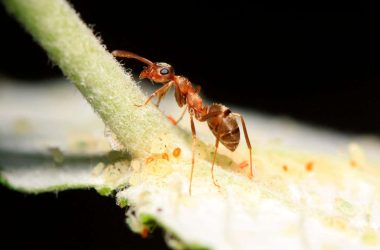Blackbirds rest earlier in the evenings when they get ill
Hermann Knuewer
Similar to humans, blackbirds tend to go to bed earlier when they are sick.
We know little about how non-lethal illnesses affect wild animals, according to Arne Hegemann at Lund University in Sweden.
Some animals, particularly small birds, need to forage or hunt for food on a daily basis as they do not have the fat reserves that larger organisms have. Consequently, these animals may be more vulnerable to predation if they become incapacitated by sickness.
“The consequences of being sick are much different for a small animal compared to us,” says Hegemann.
To investigate the effects of illness on wild birds, Hegemann and his colleagues captured and tagged 45 Eurasian blackbirds (Turdus merula) with accelerometers to track their movement. Half of the birds were injected with a compound that mimics a bacterial infection by suppressing the immune system. All the birds were then monitored for 48 days after release.
Out of the injected birds and non-injected birds, the researchers were able to analyze data from 10 and 12 birds respectively, while the rest were missing or had damaged accelerometers.
The birds that were immune-challenged moved 19% less in the 20 days following the injections, primarily because they started resting around an hour earlier in the evening compared to the birds in the control group. However, during the most active hours, both groups displayed similar activity levels.
“It was always assumed that sick birds return to normal after 24 or maybe 48 hours,” Hegemann says. “The really unexpected thing is that there’s a change in behavior for up to three weeks.”
The decrease in activity may be due to symptoms such as fever, decreased appetite, and body aches while their immune systems are weakened, explains Hegemann.
The impact of illness may be more severe during certain times of the year, such as the breeding season when blackbirds need to feed their young, or winter when food availability is reduced. The team plans to conduct further investigations into this matter.
Topics:
